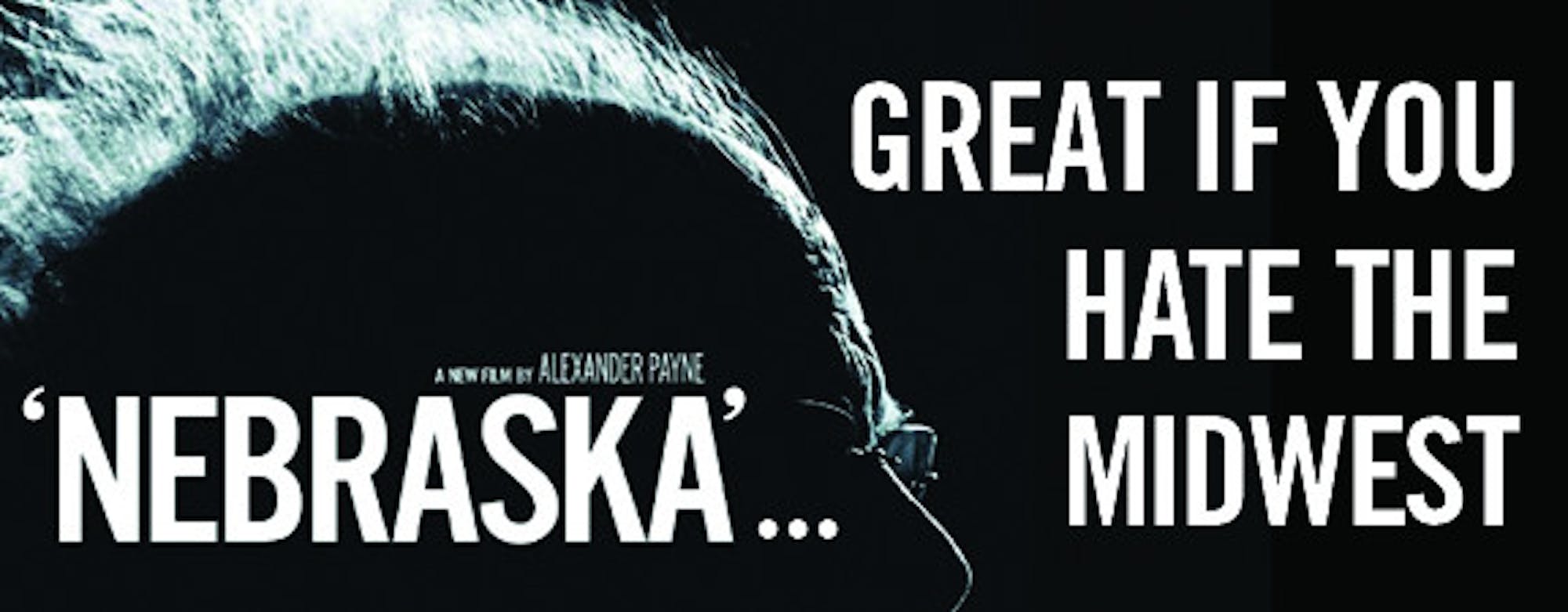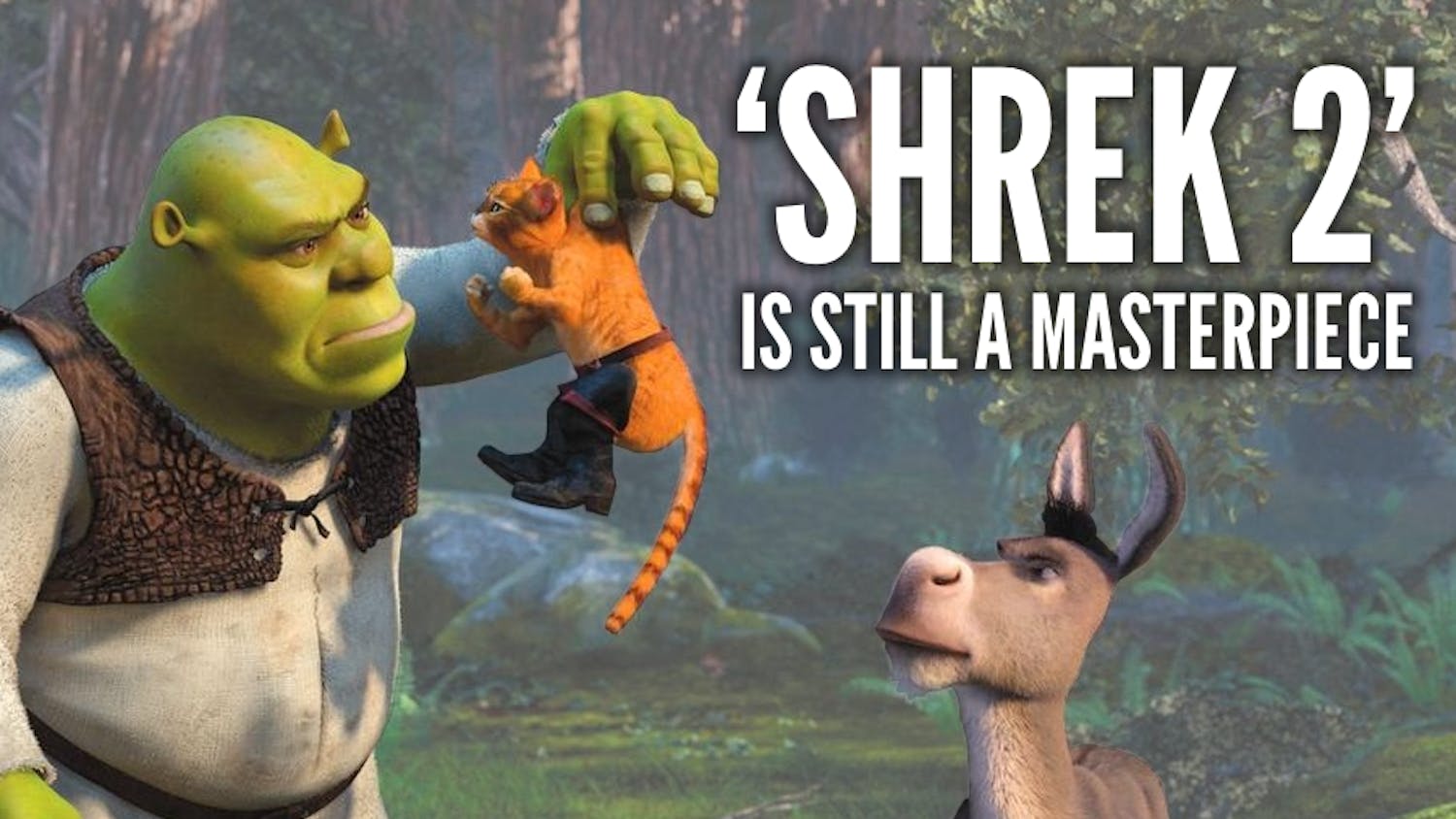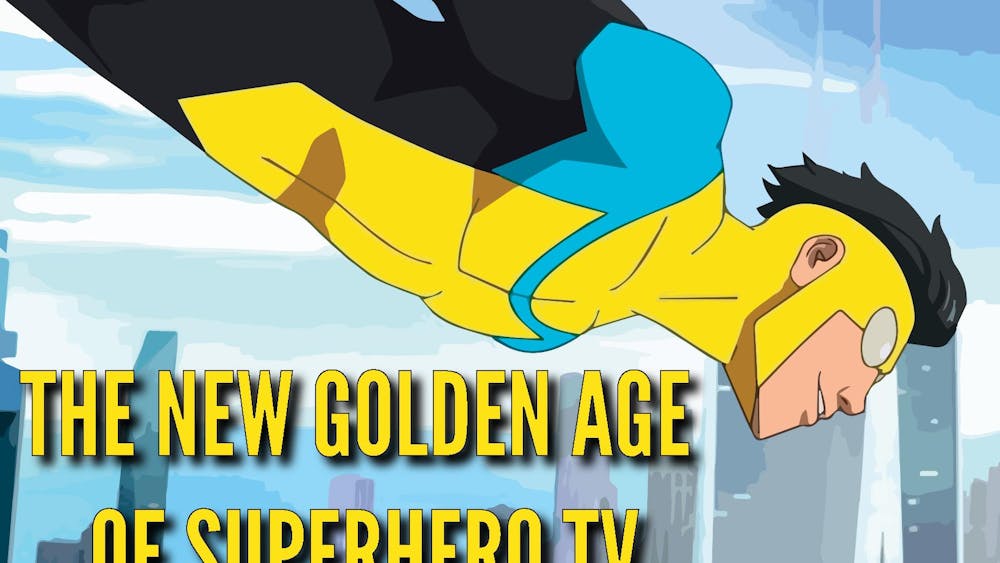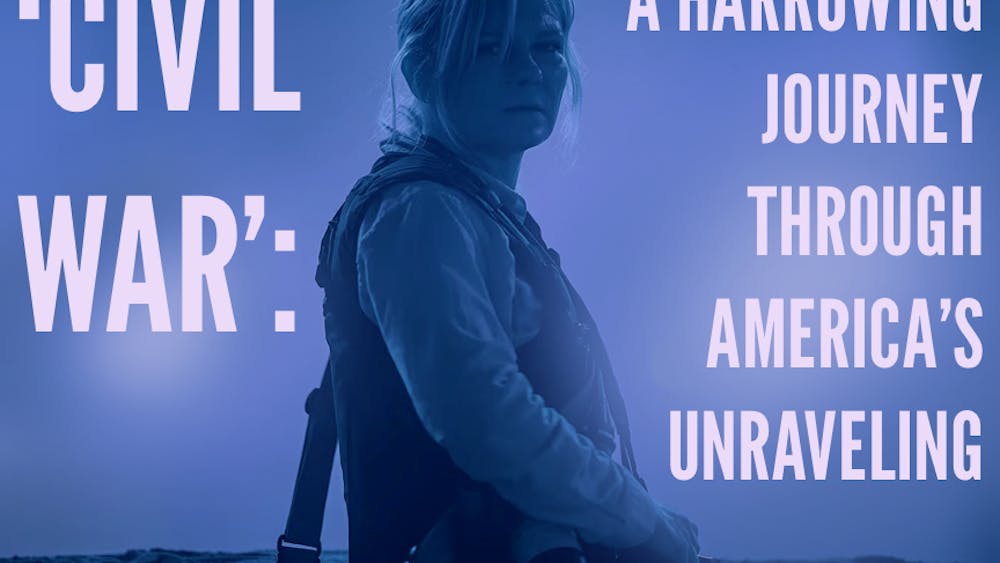
At some point in this article, I’m going to review the movie “Nebraska,” which I enjoyed and believe deserves the acclaim heaped upon it by critics. But first, you’ll have to sit through some context so I can explain why it’s unlikely I’ll ever sit through it again.
A few weeks ago, Scene featured a fantastic profile on and interview with acclaimed nonfiction writer John Jeremiah Sullivan. I’ve read enough of Mr. Sullivan’s work to arrive at the easy conclusion that he’s both much smarter than me and a much better writer than me, which is to say, approximately two paragraphs. I found much of what he said fascinating, but I took some issue with one particular point:
“Really, if anything, the whole regional question, for me, has put me in touch with how absurd the whole thing is,” Sullivan said. “It’s really a kind of costume drama. It’s like cosplay and always has been.
“The moment I found out the regional stuff was kind of crap, it became very interesting to me, which is weird. When it had seemed like a monolithic thing, a real thing, it had seemed kind of tiresome, like something I just wanted to stop talking about. But when I realized that it was some sort of weird play that we’re all acting in here, then it got interesting.”
I get what he’s saying. I see the argument that regional identity is put on and not real and we want to take on the identity when it’s advantageous to us but not when it’s not. I understand, but I don’t agree — not totally, at least.
I grew up in Kansas, I went to high school in Missouri and I go to college in Indiana. Almost the entirety of my formative years has been spent in the Midwest — more specifically, I’d say, in Kansas. To say that Kansas and its culture, identity and image haven’t influenced and informed my own identity is incomprehensible to me. I grew up in the suburbs, and you can say suburbs everywhere are pretty much the same because that’s part of what defines the suburbs, but we passed a century-old farmhouse planted in the middle of the suburbs on our walk home from grade school every day and knew the 90-year-old man who’d lived there his whole life and remembered when it was all farmland and swamp — that had an effect on me. If I had a bad night in high school, I could turn left instead of right, drive 10 minutes and park my car in a wheat field with no modern civilization in sight — that had an effect on me. I was too unaware growing up to recognize it, but pretty much everyone had similar values, tendencies and ways of speaking — that had an effect on me.
Right or wrong, real or not, product of human nature or of decades of successful marketing, where we’re from affects who we are. It’s a part of us, and, in my opinion and with due respect to Mr. Sullivan, that’s important.
It was that part of me, the one that still draws from Kansas and the Midwest for identity, that wanted to turn off “Nebraska” approximately 30 minutes in. Director Alexander Payne is from Omaha, Neb., and screenwriter Bob Nelson is from Yankton, S.D., and their midwestern influences bleed through in the film.
And it truly is an exceptional film. The story follows Woody Grant (Bruce Dern) and his son David (Will Forte) as they embark on a quest from Billings, Mont., to Lincoln, Nebr., after Woody receives what is clearly a bogus letter in the mail claiming he’s won $1 million and must come to Lincoln to collect it.
Bruce Dern gives an astounding performance as Woody, an aging alcoholic, mentally deteriorating war-veteran and all-around jerk. Will Forte gives nearly as impressive a performance in his understated delivery of the sad, unaccomplished David in the shadow of his older brother, the local news anchor, Ross (Bob Odenkirk).
They encounter Woody’s family and old friends and foes along the way, everyone believing he’s won the lottery, and nearly everyone (family included) believing they’re owed a piece of the pie. June Squibb, as Woody’s grouchy but loving wife, delivers one of the greatest and most powerful “Go f*** yourselves” lines I’ve ever seen on screen and adds tremendously to this intricate illustration of family that Payne creates.
As a story, it’s tremendous. As a study of family life and what success means to different people, it’s spectacular. As a look at a crotchety old man who just wants a new truck and an air compressor, it’s darkly hilarious. But as a midwestern film, which it very much is, it’s a slap in the face. It’s a midwestern movie for people who don’t want to learn anything about the Midwest.
Outside of the Grant brothers, nearly every character we meet is fat, ugly, stupid, petty, mean and old. “Old” may not be the best term, as some of them are middle-aged, but the total lack of any youth is painfully apparent throughout. The characters are racist, but too dumb to be so maliciously — that’s just the way they are. This is a place where nobody does anything different, where nobody changes and where frivolous disputes are carried over decades.
The whole world of the movie seems to be portrayed as anachronistic, without even taking into consideration that it’s shot in black and white. The buildings are old and wearing down, just like the men. The businesses that are still open seem to be almost exclusively bars, and everything else looks to be closed. The men of this world fought in wars and put hard labor into their jobs, and while these aren’t things to be looked down upon, necessarily, it certainly didn’t lead them to any sort of happiness or success in their lives.
This may be Payne and Nelson’s experience and relationship with the Midwest — they love the place, not the people. They seem to think that, like the one-woman newspaper in Woody’s hometown, the Midwest is a relic of the old days, and the old days weren’t that good.
But that’s not my Midwest. That’s not where I grew up. It may be a different perspective than that of either of the coasts, but the Midwest in my identity is alive and well, and it’s not quite so old, ugly and ignorant.
As I said before, “Nebraska” is a great film worthy of praise. It’s well made, engaging and heartfelt. But at its core, for me, at least, it’s an art film about the Midwest that allows film critics and coastal elitists to appreciate the Midwest while keeping their distance from it and still being able to look down on flyover states and the people who inhabit them.













